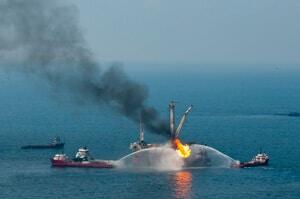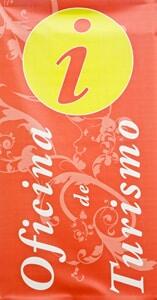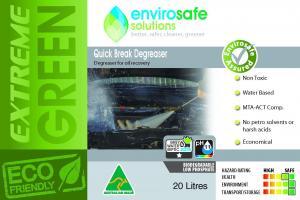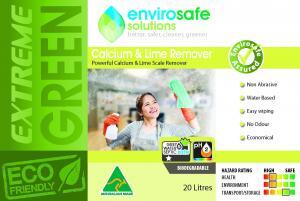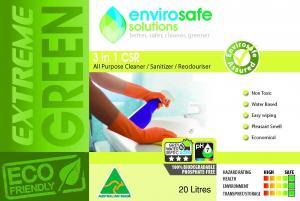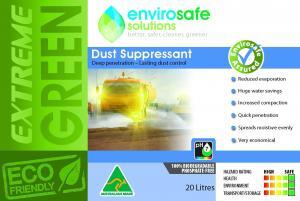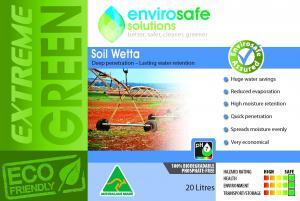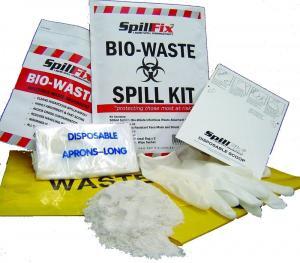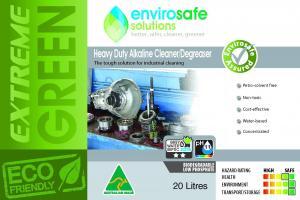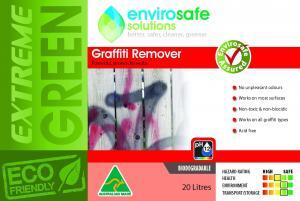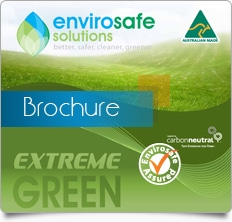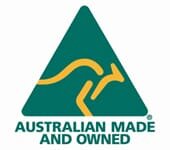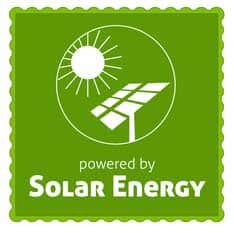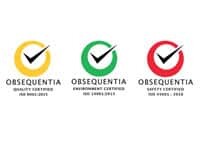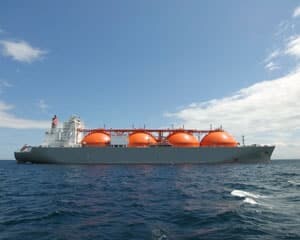 Australia has been tipped to become the world’s largest producer and exporter of liquefied natural gas (LNG). A special report by the Paris-based International Energy Agency has predicted Australia could triple its LNG production by 2020. Despite its reputation as environmentally friendly, liquefied natural gas has its share of critics.
Australia has been tipped to become the world’s largest producer and exporter of liquefied natural gas (LNG). A special report by the Paris-based International Energy Agency has predicted Australia could triple its LNG production by 2020. Despite its reputation as environmentally friendly, liquefied natural gas has its share of critics.
Australia will enter the ‘golden age of gas’ and become the world’s largest producer by 2020, according to the International Energy Agency.
Global factors, including a showdown in nuclear energy, increased production of natural gas vehicles and China’s increased gas targets, have been tipped to increase demand.
“We think Australia will play a crucial role in the golden age of gas,” IEA chief economist Fatih Birol said.
“By around 2020 – only 10 years from now – Australian production may increase threefold.”
Despite its reputation as environmentally friendly, liquid natural gas has come under attack because of the risks and disruption of key agricultural land posed by conventional gas and coal seam gas mining. Green revolution proponents and farm lobbyists have raised concerns about the impact of gas mining on water and soil quality in agricultural districts.
Despite the contention over whether LNG is eco-friendly, this liquid product has been identified as a major energy source for the future.
Today Australia is ranked among the world’s top exporters of natural gas, behind the small middle-eastern nation Qatar, and close south-east Asian neighbours Indonesia and Malaysia.
Based on the IEA’s price assumptions, Australian gas exports could increase from about $7.2 billion to $36 billion a year by 2020.
Alternative fuels
LNG has become one of the most promising alternative fuels on the market for the transport sector.
Gas company BOC believes LNG offers an economical, low-emissions fuel alternative for the trucking industry.
“One of the biggest challenges facing society is the need to reduce emissions the world over,” BOC South Pacific managing director Colin Isaac said. “This calls for intelligent technologies that balance the need for environmental protection with advancing industrialization and economic development.
“LNG, the cleanest burning fossil fuel, releases up to 20% less greenhouse gases compared to diesel. Another advantage of LNG is its stable price, making it an ideal fuel for transport operators.”
Supporting greener industry
Perth-based environmental cleaning products company Envirosafe Solutions has welcomed new technologies to safeguard Australia’s transport sector, while reducing its environmental impacts.
While understanding the concerns of the green revolution movement, Envirosafe Solutionsrecognises the need to find cleaner fossil fuels and other alternative energy solutions.
Its Extreme Green range of eco-friendly industrial liquids includes truck wash, fuel conditioners and treatments and workshop environmental cleaning products.
Predictions that Australia’s production of LNG could triple in the next decade bring both opportunities and challenges. For more information on other ways to reduce environmental impacts contact Envirosafe Solutions’ on 1300 88 90 70 or email info@evss.com.au.
Sources:
http://www.primemovermag.com.au/news/article/cleaner-greener-transport










